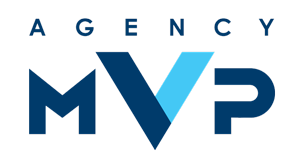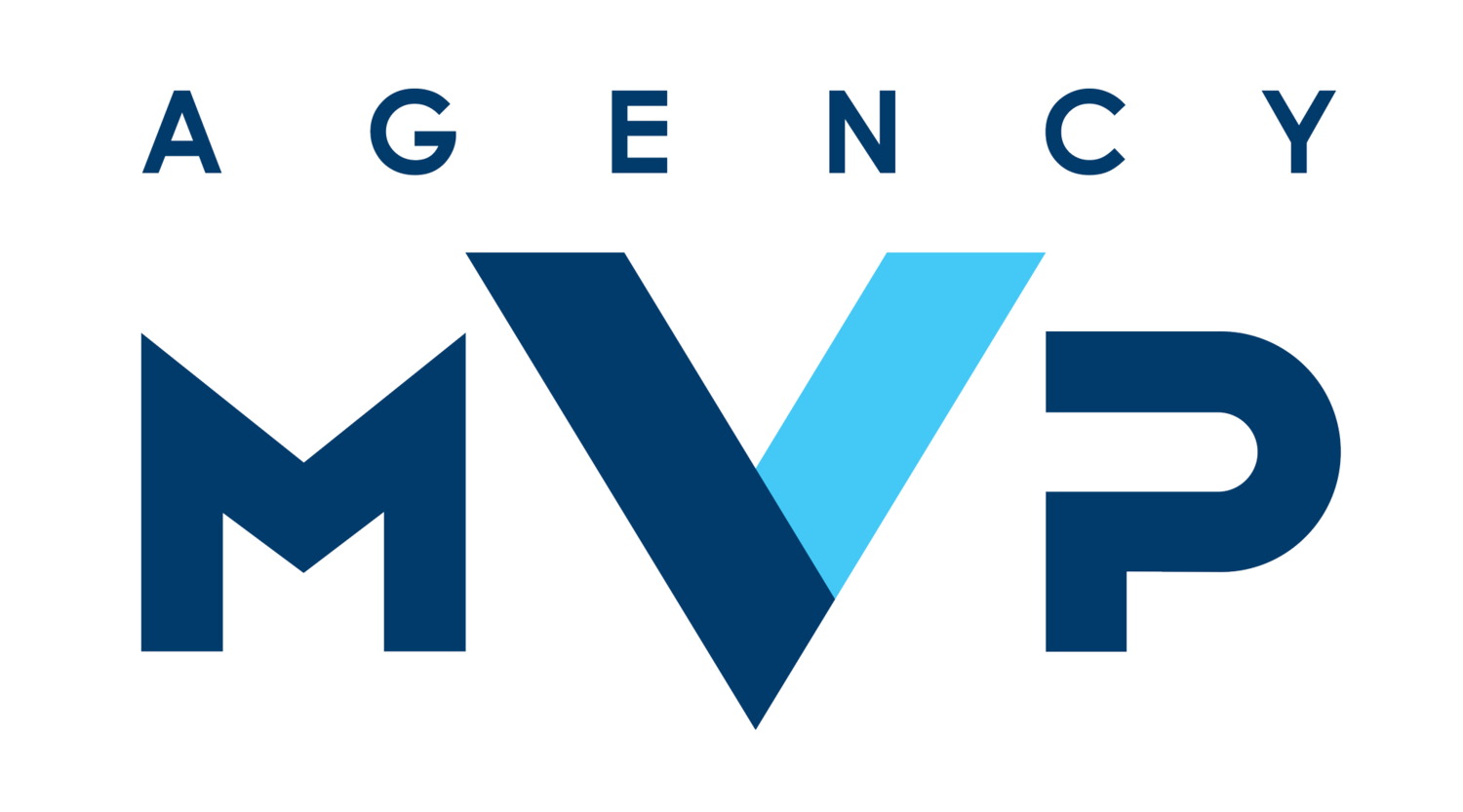5 Best Practices for Managing an Agency
Managing an insurance agency can sometimes seem like an impossible task. If you’re not engaging in best practices, it can be difficult to juggle your clients' needs, the needs of your employees, and the task of keeping up to date with new technology. Fortunately, there are a few strategies you can begin employing now to make insurance agency management much easier.
Below we will discuss how you can take advantage of new technology, give your employees a growth mindset, and not only gain clients but keep them too. With our top 5 best practices for insurance agency management, you’ll be ready to take control.
# 1 Take Advantage of Innovative Technology
There’s so much technology available today that can make your life easier when you’re trying to manage an insurance agency. Perhaps the most important of these technologies are AMS and CRMs.
What Can You Do With a CRM?
A good CRM (Customer Relationship Management system) will help you automate tasks like scheduling appointments and sending out drip text and email campaigns. It can also help you analyze data ranging from past quotes to how many and which communications you’ve had with a particular prospect.
A few of the most prominent features of a CRM include:
Tracks customer relations
Tracks and controls email campaigns
Automates tedious labor
Can be customizable
However, keep in mind that CRMs are designed for general use, which means that you’ll have to make some adjustments for it to work well in a niche market like insurance. When software updates come along, this can sometimes present problems.
What Can You Do With an AMS?
An AMS (Agency Management System) can do nearly all of the tasks of a CRM but in a much more focused way with additional benefits. Where CRMs are focused primarily on client relations, an AMS helps you deal with personnel and staff issues like task management skills.
A few of the most prominent features of an AMS include:
Can come pre-tailored to the needs of your industry (CRMs on the other hand, have to be customized, which can be costly)
Can manage commissions for your staff
Tracks everything from your agents and policies to your overall business performance
Helps with task management and arranging groups
Automates tedious labor
The great thing about an AMS is that these types of software can come pre-designed with your industry in mind. You’ll want to look specifically for insurance agency management systems.
# 2 Be Open to New Sales Organization Strategies
The way you organize your sales team is just as important as who makes up that team. Fortunately, today there are many different strategies for sales organizations. Organizing your team into pods and making sure that you have compatible personalities attending meetings to set each other up are just some of the ways you can more effectively organize your sales.
Here are a couple of effective ways to structure your sales teams:
Pods: Pods are small groups of people with varying technical skills, who all work together on accounts. Usually, in an insurance agency this will include salespeople, customer service, account executives and solution specialists.
Setters and Spikers: Essentially you have one person with the credentials and know how to talk to higher ups and another person whose focus is in sales. One person can constantly be setting the other up for a slam dunk in the meeting.
All of this boils down to structuring your communication in the most effective way. You can only do that by knowing your staff well enough to assign them the roles they will thrive in.
# 3 Foster a Growth Mindset in Your Staff
No matter where they’re at, everyone on your team can always improve. You need to foster what is known as a growth mindset. With a growth mindset, staff will look at challenges as accomplishments to be made instead of immovable obstacles.
Here are a couple of ways you can ensure your staff is encouraged to have a growth mindset.
Give constant feedback: Your staff can’t get any better if they’re having to guess what it is that they’re doing right and what it is they could improve upon. Giving feedback, even if it’s just quick comments, can really help your staff, but be objective and tactful.
Hold staff accountable: This doesn’t mean cracking heads anytime things don’t go as planned. What it does mean however, is you should be rewarding success and sitting down and figuring out what went wrong in the event of failure. If your staff knows there will be a follow up on whatever they’re working on, they’re more likely to give it their all.
In all of this, the most important thing is having open communication. That means clearly expressing what your expectations are and following up on whether or not they were met.
# 4 Foster a Growth-Oriented Environment
A growth-oriented environment is one in which everyone involved shares the same goal and is willing to take action to reach it. For a growth-oriented environment to work, employees must feel like they can communicate issues that come up without fear of retribution.
Have an open door policy: If you want the best out of those you are managing, they need to feel comfortable talking to you when they’re having issues. Fostering an environment where everyone knows they can come to you when they’re struggling will help you avoid surprise accidents and mistakes.
Make your goals explicit: Sometimes, a manager will have goals in their head that they never quite explicitly state. If you make your goals more explicit, you’re more likely to have your team on the same page.
Allow for feedback yourself: The people who work under you should always feel comfortable to voice concerns when they come up. You can foster this sort of environment by making it clear that you’re open to criticism and any new idea that will improve the agency's overall performance.
Know your employees and what they’re good at: A good manager knows the talents of everyone they’re managing. Figuring out who’s good at what not only makes your business more efficient but it also helps avoid conflicts over who is supposed to do what.
People who work for you should see the workplace as a space in which they can continually expand. They’ll only be comfortable going out on a limb and excelling if you make it clear that it is encouraged at your agency. Never become an agency where everyone is just trying to keep their head down.
# 5 Have a Clear Marketing Plan That Everyone Understands
With the advent of the internet and our constant connection via social media, it’s not enough just to send clients the occasional birthday card to keep you in their mind anymore. Today you need more robust strategies to keep you at the top of your client’s mind. That starts by making sure your team is on the same page.
To keep everyone on your team on the same page you should:
Make sure no one is confused about what role they are supposed to play.
Set up good incentives to carry out your plan effectively.
Involve staff to an appropriate degree in the planning process.
When everyone is on the same page, it’s much easier to achieve a shared vision. Your agency's marketing goals should be seen as something in which everyone working for you has a vested interest.
Good Strategies for Prospecting Services
Once you have your teams in place, you need some good strategies for prospective services. Below we’ve listed a few simple recommendations that should give you a place to start.
Ask staff what your clients seem to be engaging with most. This could be things like social media campaigns, email chains, or even over the phone check-ins.
Try writing a newspaper column. You might think the newspaper is dead. However, if you live in a small community, it likely is not and even if it is, online versions of it aren't. Therefore, columns are still a great way to get your name out there. Just be careful that you’re not giving direct advice.
Use email drip campaigns, but monitor them closely. For a long time, drip campaigns were the cool new kid in town. Now they’ve been used by nearly everyone trying to make a buck online. Many people dismiss them without discovering their benefits. The key to a good drip is making sure you monitor what your individual clients respond to.
Get involved with community events. Being involved in local events, whether it’s through sponsorships or volunteering, is a great way to create a positive name in a community. Never underestimate the power of communities coming together.
Finding and retaining clients just requires you to do a little out-of-the-box thinking and taking action fearlessly. Just make sure you are closely monitoring the results of whatever strategies you employ so you can improve them moving forward.
What are Your Best Practices for Agency Management?
We would love to hear your thoughts and stories about what’s helped you grow your insurance agency! Join the conversation on Facebook and learn what others are doing as well!


